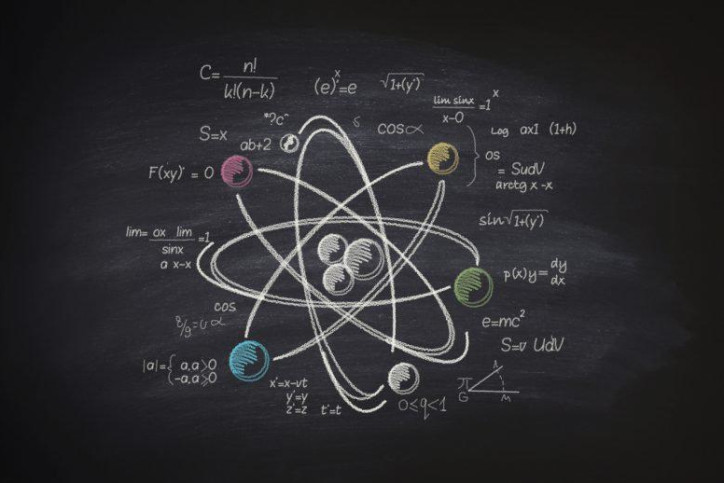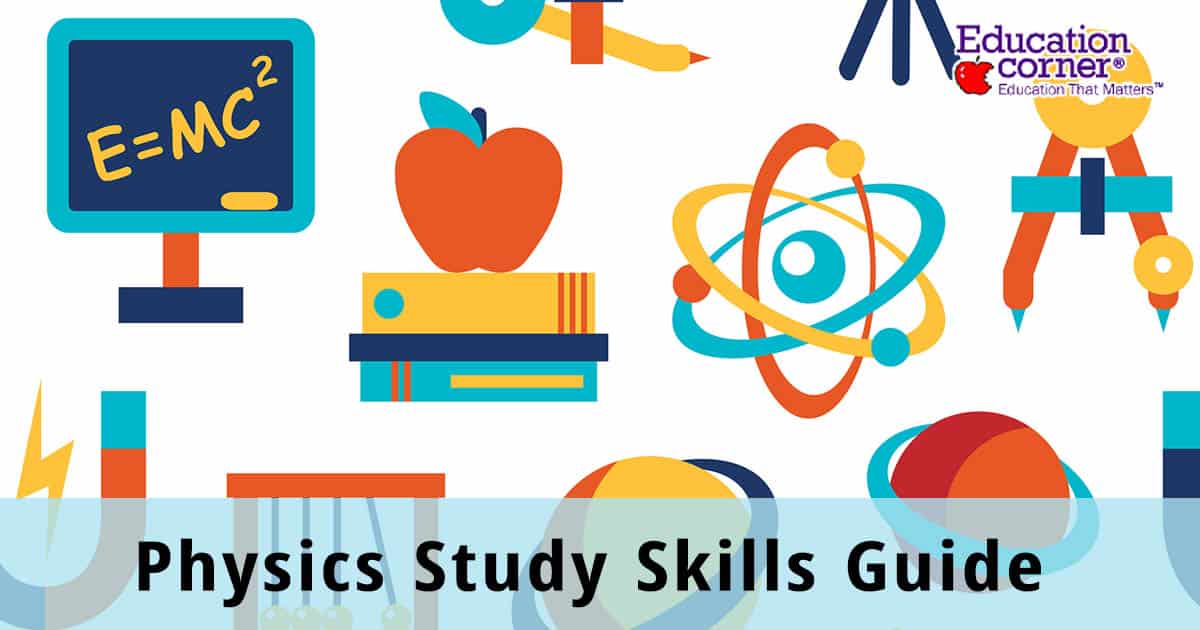What Does a Physicist Study?

If you’re interested in working in a field that studies a wide variety of phenomena, you might be wondering what does a physicist do. Physicists study a variety of phenomena and develop critical thinking and problem-solving skills. They can be found in both research and development as well as the private sector. Here are some of the most common jobs in this field.
Physicists study a wide range of phenomena
A physicist studies the nature of matter, energy, and the behavior of systems at extremes. They study everything from the submicroscopic world of elementary particles to the vast reaches of the universe. This variety of subjects gives physicists a wealth of knowledge and skills that they apply to a variety of real-life applications. A physicist’s career can be as varied as their interests.
Physicists study all aspects of the universe, from atoms to the behavior of light. They research cosmology and quantum physics and are involved in everything from understanding the origins of stars and planets to understanding how the universe works. Those who specialize in atomic physics study the properties of atoms and how they are formed. They can even find the hidden meanings of the universe.
They develop critical thinking and problem-solving skills
The ability to solve complex problems through the use of critical thinking and creativity is an essential part of a career in physics. Physicists must constantly motivate themselves, theorize, and experiment to find solutions to complex problems. Many physicists start their career with a fellowship during their education. These fellowships give them the opportunity to work with unique facilities, and can even provide a salary.
The PER has begun work on developing these skills at the undergraduate level. These undergraduate students participate in activities that demand the use of more advanced mathematical and physical concepts, and they are increasingly accustomed to dealing with complex systems and their relationships with each other. They also develop a working knowledge of the scientific practices of professional physicists. Thus, physics education can help students develop these critical thinking and problem-solving skills.
They work in research and development
Career opportunities in physics include everything from designing experiments to working in research and development. Some physicists work in physics departments, while others work in other fields. While many physicists report high levels of satisfaction in their chosen field, it is still possible to make a rewarding career outside of physics. Luckily, these scientists can benefit from a strong educational background and broad experience.
One of the most important qualities for a physicist is excellent communication skills. In this role, physicists communicate their ideas to others through scientific papers and patent applications. They also teach science at universities and high schools. They have to have a good command of English to speak to different audiences. In addition to writing and presenting their research, physicists must be able to communicate complex ideas clearly and effectively.




Leave a Reply